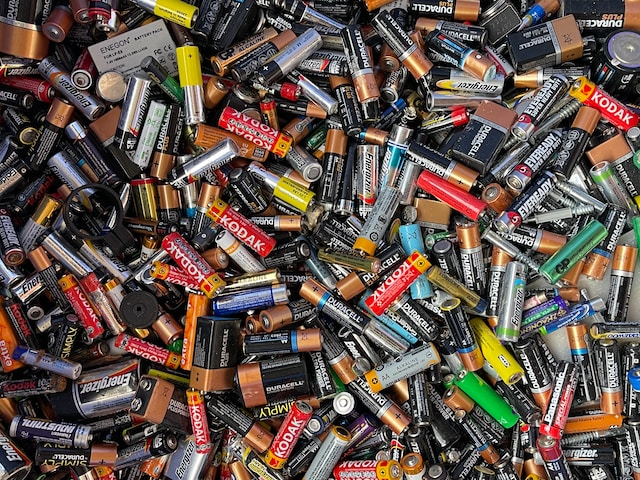Benefits of Electronic Recycling
Whether using your laptop to work, texting friends or reading on your tablet, you will eventually need to replace your device. Unfortunately, only 17% of global e-waste is recycled sustainably. These devices contain valuable raw materials, including precious metals and glass, copper, plastics, and batteries. The energy saved from recycling one million laptops is enough to power 3,657 houses annually.
It Saves Money
Purchasing pre-owned electronics, recycled and refurbished after their usefulness expires, saves you money. New electronics are incredibly expensive, so buying used devices is an excellent way to get the latest technology at a much lower price point. When electronics are thrown in the trash, they can leach toxic materials into the soil, poisoning all plants and animals. This polluted soil also seeps into water supplies, causing illness and death. Electronic recycling avoids this deadly waste and supports a more responsible manufacturing model. More and more states are keeping electronics out of landfills, requiring them to be recycled. If you’re a business, investing in e-waste management shows that your company is serious about sustainability and can position itself as a leader among competitors. Moreover, a well-run electronics recycling program protects sensitive data so your business’s information doesn’t fall into the wrong hands. It also supports a thriving American recycling and refurbishing industry, reduces harm from e-waste exports to developing countries, and conserves precious natural resources by reducing the need for new material production.
It Creates Jobs
E-waste recycling creates jobs in the United States and around the world. It’s one of the fastest-growing industries in the world. And it’s a great way to prevent toxic materials from leaching into the soil and polluting water supplies. It also reduces our dependency on foreign sources of high-value raw materials, like gold and silver. We can preserve our natural resources by reusing these metals in new electronics. In addition, recycled materials require less energy and water than new materials. Unfortunately, too many unused electronics end up in landfills or incinerators. In developing countries, e-waste is often unscreened before being exported, causing serious environmental problems. This e-waste contains hazardous chemicals like lead, mercury, and cadmium. When burned, these chemicals release dangerous toxins into the air, soil, and water. E-waste recycling prevents this by keeping electronics out of landfills and incinerators. And it creates much-needed jobs in the process.
It Saves Energy
From work-from-home entrepreneurs to huge manufacturers, nearly every business needs electronics. These devices keep them connected and running smoothly, but they also generate a lot of waste that’s hard to dispose of properly. When e-waste is in the trash, it leaches toxic materials into the soil and pollutes water supplies. This e-waste includes old cell phones, computers, monitors, televisions and stereo equipment. It can even contain mercury and lead found in older cathode ray tube televisions, which require special disposal as hazardous waste. The best way to protect our planet and its inhabitants is to recycle. Reusing raw materials from old electronics reduces demand for new ones and helps conserve energy used in continuous mining. It also helps preserve natural resources, like precious metals, that are difficult and expensive to find and produce. Working with an electronics recycling company that holds R2 certification and adheres to strict environmental and safety standards is important.
It Saves Water
Electronics manufacturing uses a lot of energy and water. When e-waste is recycled, it takes less water to produce new devices, thus saving our precious natural resources. It also helps reduce greenhouse gas emissions, slowing down climate change. Electronics contain raw materials like gold, silver, copper, and palladium that can be extracted for reuse. Using these recycled raw materials is a more sustainable way of manufacturing devices than using virgin precious metals from our Earth. These raw materials can also be used in other products unrelated to the electronics industry, which helps keep our manufacturing costs down. It is a big part of why we recycle our old electronics instead of just throwing them away. As more people become aware of the importance of electronics recycling, we can make a bigger difference on our planet. The future of our world depends on it! Currently, only 17% of e-waste gets recycled.



